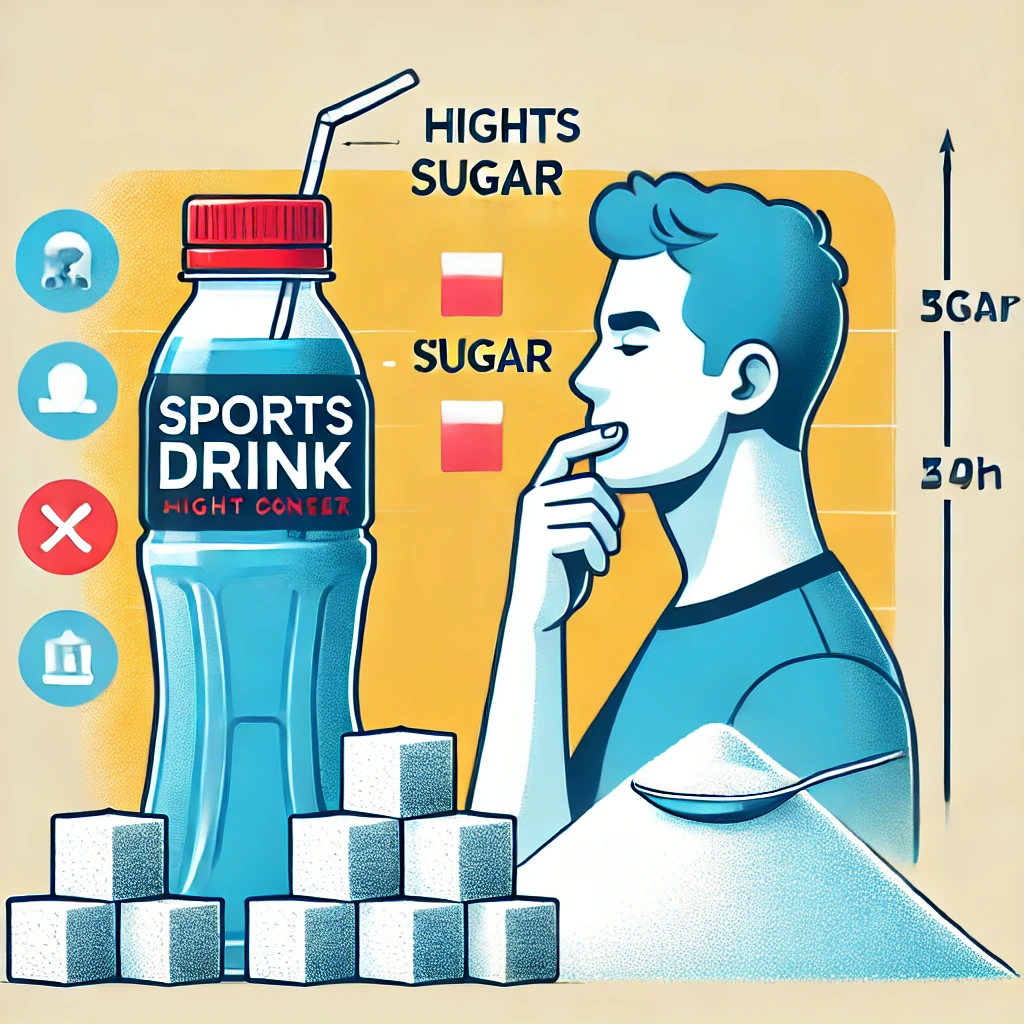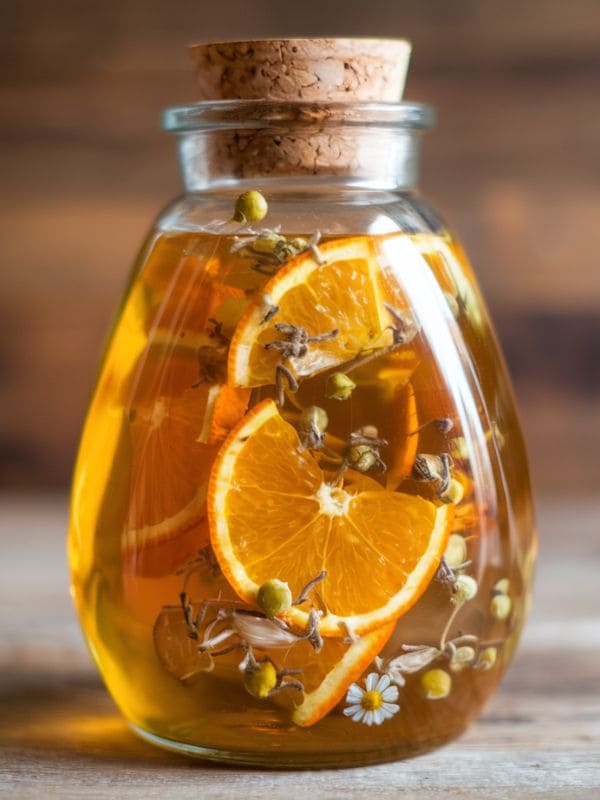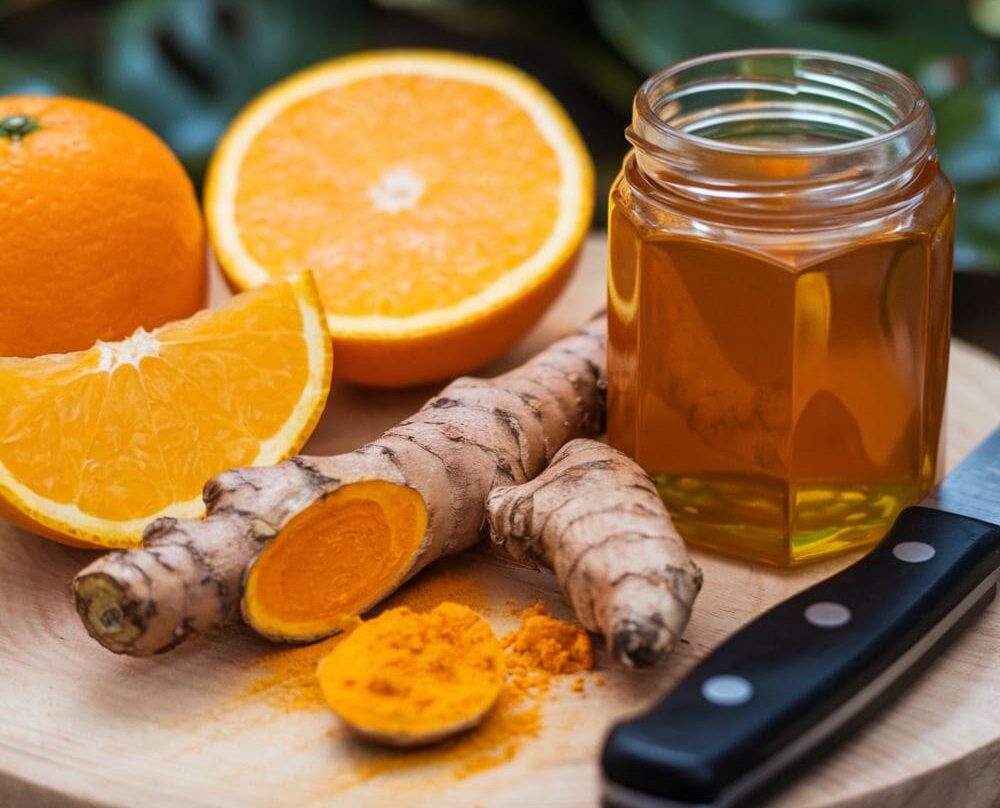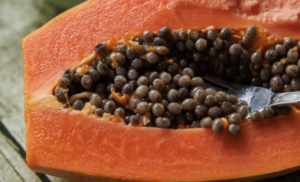The Truth About Sports Drinks: Are They Really Healthy?
Sports drinks are marketed as the ultimate solution for staying hydrated during physical activity, but are they really as healthy as they’re made out to be? While they can replenish electrolytes lost during intense exercise, many of these drinks come with added sugars and artificial ingredients that can undermine their intended benefits. In this post, we’ll delve into the pros and cons of sports drinks, so you can make an informed decision about whether they belong in your diet.
What’s in a Sports Drink?
Most sports drinks contain a combination of water, electrolytes like sodium and potassium, and sugar. The purpose of these drinks is to replenish fluids and minerals lost through sweating during exercise, particularly in activities that last more than an hour.
The Benefits of Sports Drinks
Electrolyte Replenishment: For athletes or individuals involved in prolonged, strenuous activity, sports drinks can help replenish the electrolytes lost through sweat.
Energy Boost: The sugar in sports drinks can provide a quick energy source during exercise, which may be beneficial during intense physical activity.
The Hidden Dangers of Sports Drinks
High Sugar Content: Many sports drinks contain significant amounts of sugar, which can contribute to weight gain and increase your risk of conditions like diabetes and heart disease. Some drinks can contain as much as 30-40 grams of sugar per bottle.
Empty Calories: While they provide a quick source of energy, the sugar in sports drinks offers little nutritional value, making them an unhealthy choice for regular hydration.
Artificial Additives: Many sports drinks are loaded with artificial colors, flavors, and preservatives, which can contribute to poor overall health.
Are Sports Drinks Necessary?
For most people, especially those engaging in moderate exercise, water and a balanced diet are sufficient to maintain hydration. Sports drinks are primarily beneficial for athletes who are involved in prolonged, intense exercise, such as long-distance runners or those participating in marathons. For the average person, sticking with water and a healthy diet is often the best hydration strategy.
Healthier Alternatives to Sports Drinks
Coconut Water: Naturally rich in electrolytes, coconut water is a great alternative to sugary sports drinks.
Homemade Electrolyte Solutions: You can make your own sports drink at home by mixing water, a pinch of salt, and a small amount of natural sweetener like honey.
Water with Fruit: Adding a slice of lemon, lime, or cucumber to your water can provide a refreshing and flavorful hydration boost.
While sports drinks have their place in certain situations, for most people, they are not necessary and may even be harmful when consumed regularly. Choose natural, whole food sources of electrolytes and drink water to stay hydrated throughout the day.
Share this content:











